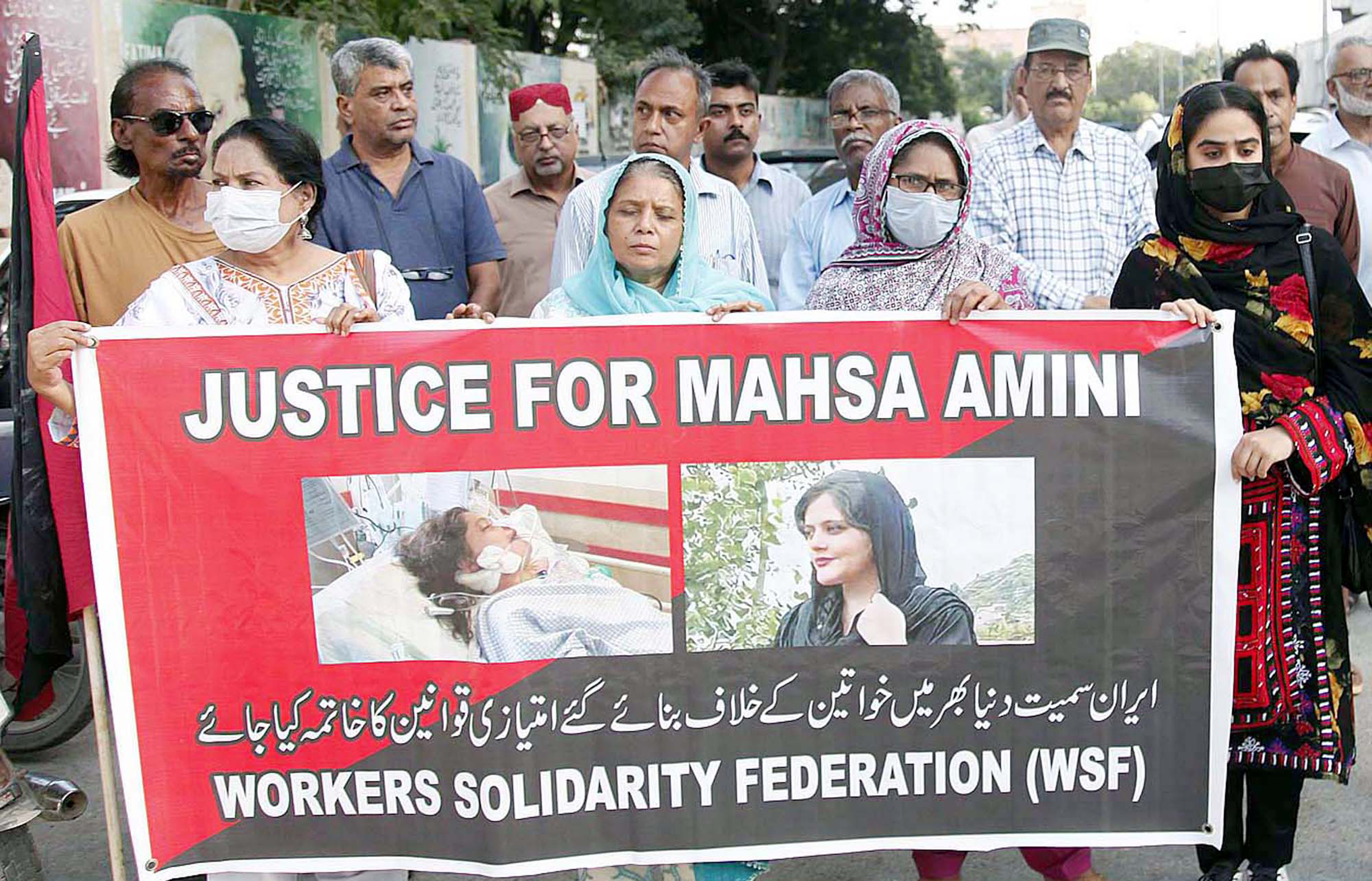Gender
Blaming the women

Some quotes by male Ugandan politicians are disgusting. Speaking about wife beating, Onesmus Twinamaiko, an MP, said: “You must touch her a bit, tackle her, beat her somehow to really streamline her.”
Another quote is equally misogynist. Uganda’s former Youth Minister Ronald Kibuule said: “I have talked to the police to see that if a woman is raped they look at how she was dressed. Most women currently dress very poorly, especially the youth. If she is dressed poorly and is raped, no one should be arrested.”
Blaming rape on “improper clothing” is blaming the victim for the crime. This is exactly what Simon Lokodo, the minister of state for ethics and integrity, did. In 2014, he proposed a miniskirt ban as part of an anti-pornography law. Parliament did not pass what he suggested.
Nonetheless, his failed attempt to make miniskirts illegal led to women being stripped in public by strangers for alleged “indecency”. A political leader’s rhetoric can obviously give other men the idea that they are entitled to enforcing moral principles in immoral ways. The minister certainly suggested that it is the business of men to supervise women’s attire in public.
All too often, not even the police understand the legal situation. One officer once told me in an informal conversation that women who dress in a way that attracts attention are responsible for what may happen to them. “Why do you want to walk around with a miniskirt, exposing your thighs?” he asked earnestly. I responded that it was his responsibility to protect women from harassment, however they may choose to dress.
His colleague intervened: “It seems you don’t know there’s an anti-pornography bill that makes miniskirts illegal!” The truth is that miniskirts are legal in Uganda, and that a women’s freedom of expression entitles her to decide what she wears.
I informed the officer that the clause he thought was the law was actually revoked a long time ago. He was unaware of this fact. Startled, the policeman then defended himself by saying that street harassment is not against the law. I had to inform him that indeed it is illegal according to Uganda’s 1950 penal code.
Laws against sexual harassment, violence and rape are meant to protect women. But with a police force not properly informed about details of the law, and with politicians encouraging men to take the law into their hands, Ugandan women cannot be safe.
Lindsey Kukunda is a writer and directs the civil-society organisation “Not Your Body”. She lives in Kampala, Uganda.
lindseykukunda@gmail.com
Twitter: @RizaLouise and @NotyourbodyUg













